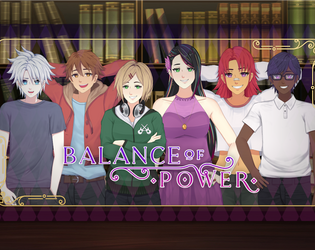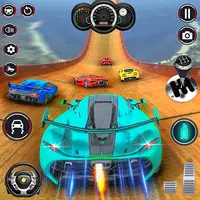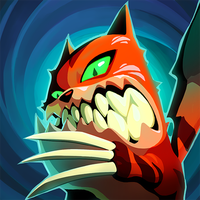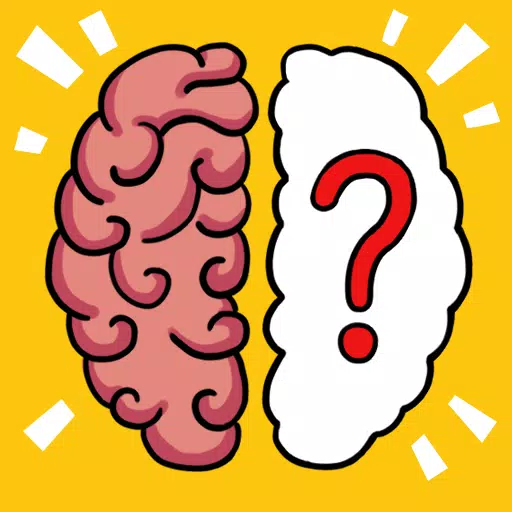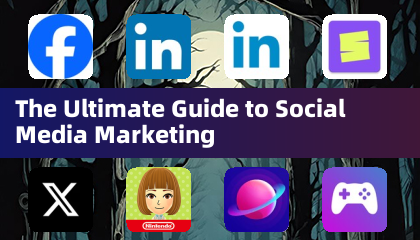The Doom series has long been intertwined with the pulsating beats of metal music. From the moment you hear its iconic soundtrack or catch a glimpse of its signature demonic imagery, the connection to the heavy metal world is undeniable. The series’ visual aesthetic, complete with flames, skulls, and devilish creatures, mirrors the stage setups of legendary bands like Iron Maiden. This bond with metal has evolved alongside Doom’s gameplay, both continuously reinventing themselves throughout the franchise's over 30-year history. From its thrash metal origins to the contemporary metalcore influences in Doom: The Dark Ages, the series has traversed a wide range of metal sub-genres.
The original Doom, released in 1993, drew its musical inspiration from the major metal bands of the late 80s and early 90s. Co-creator John Romero has openly cited influences such as Pantera and Alice in Chains, which is evident in tracks like “Untitled” for the E3M1: Hell Keep level, where the riff closely resembles Pantera’s “Mouth of War.” The broader soundtrack embraced the thrash metal subgenre, echoing bands like Metallica and Anthrax. This intense, driving sound perfectly complemented the fast-paced action of navigating Mars' corridors, engaging demonic foes with the same urgency as a Kirk Hammett guitar solo. Composer Bobby Prince crafted a timeless score that harmonized seamlessly with Doom's unforgettable gunplay.
Doom: The Dark Ages - Gameplay Screenshots
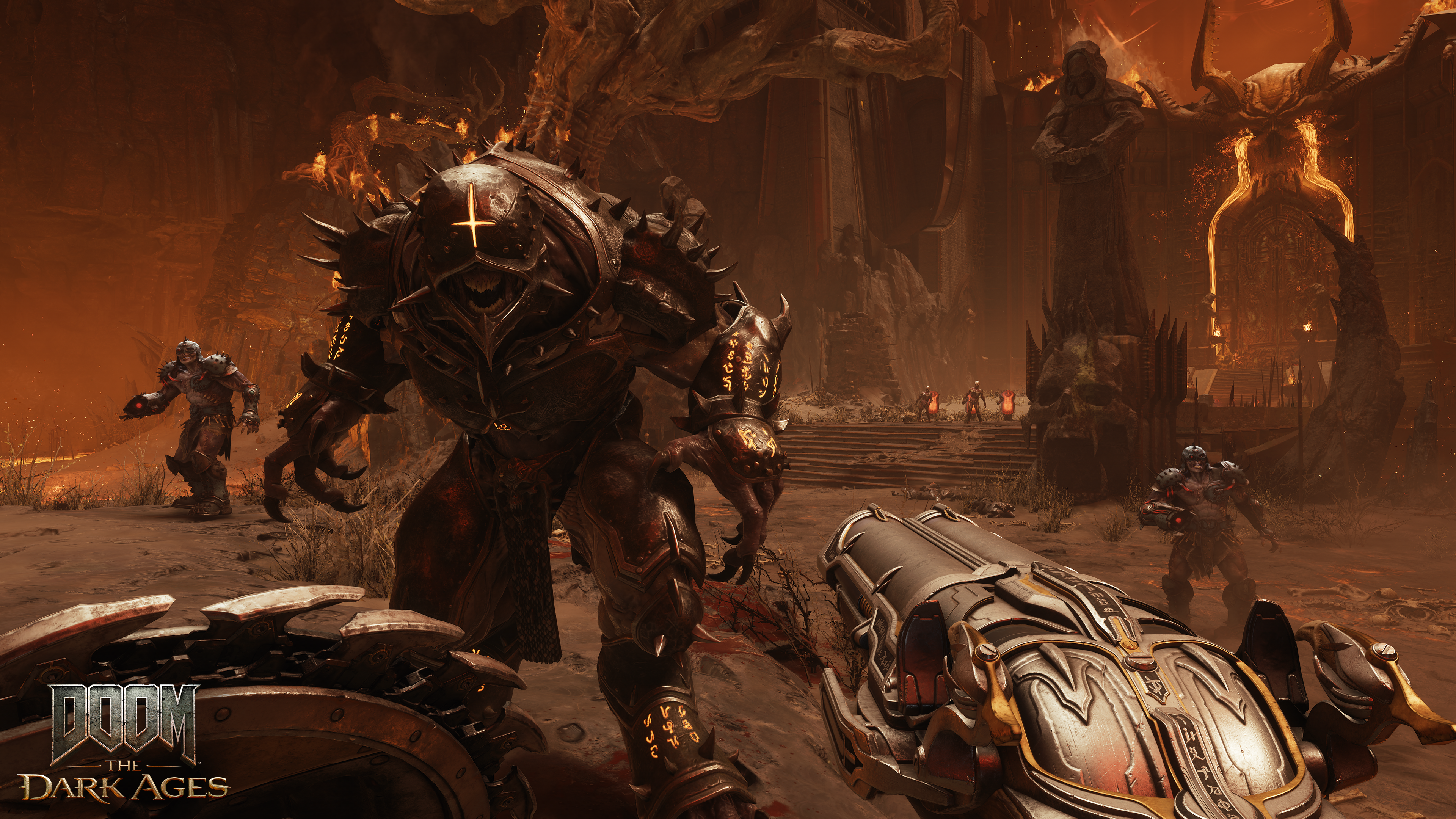
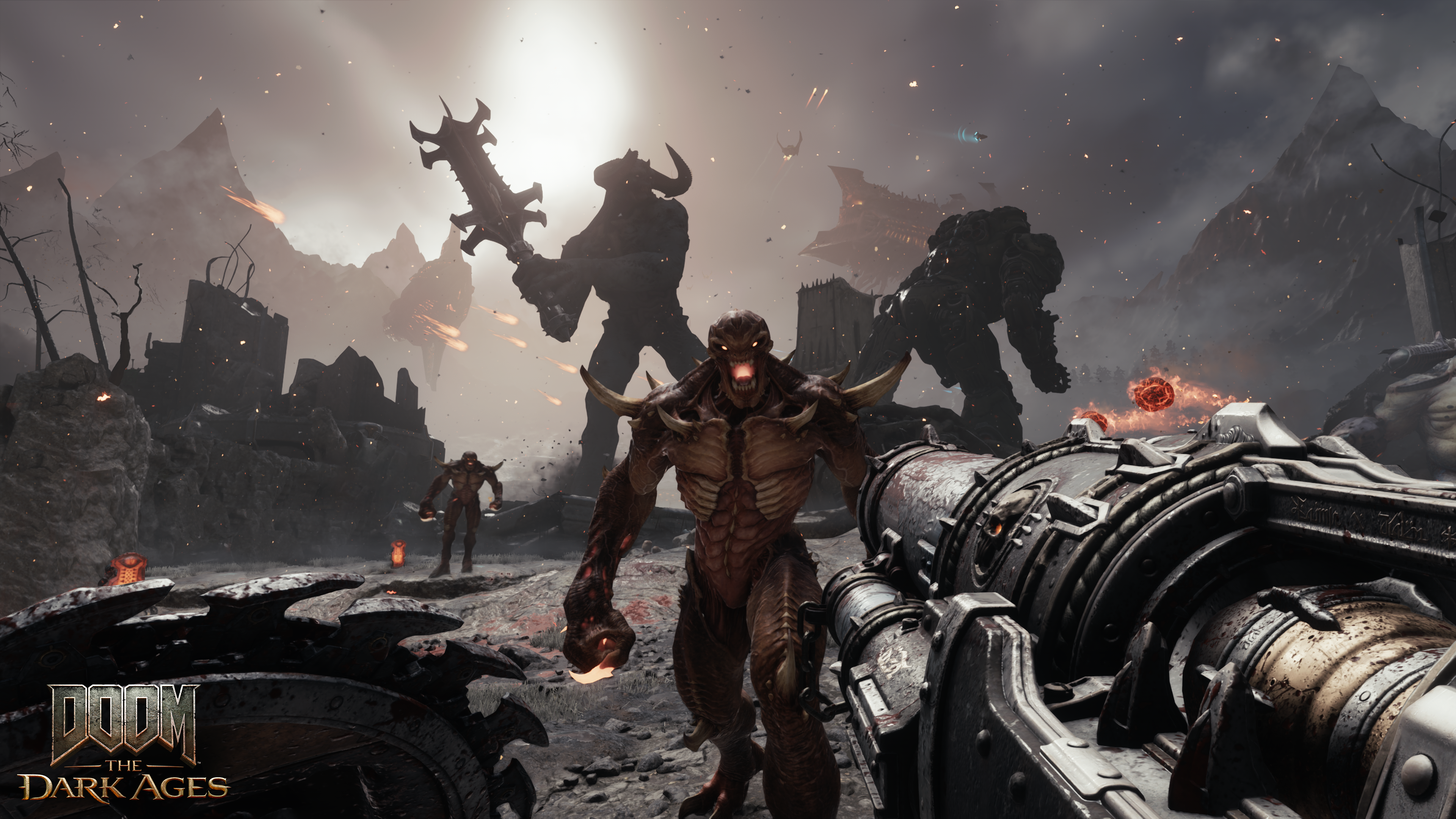 6 Images
6 Images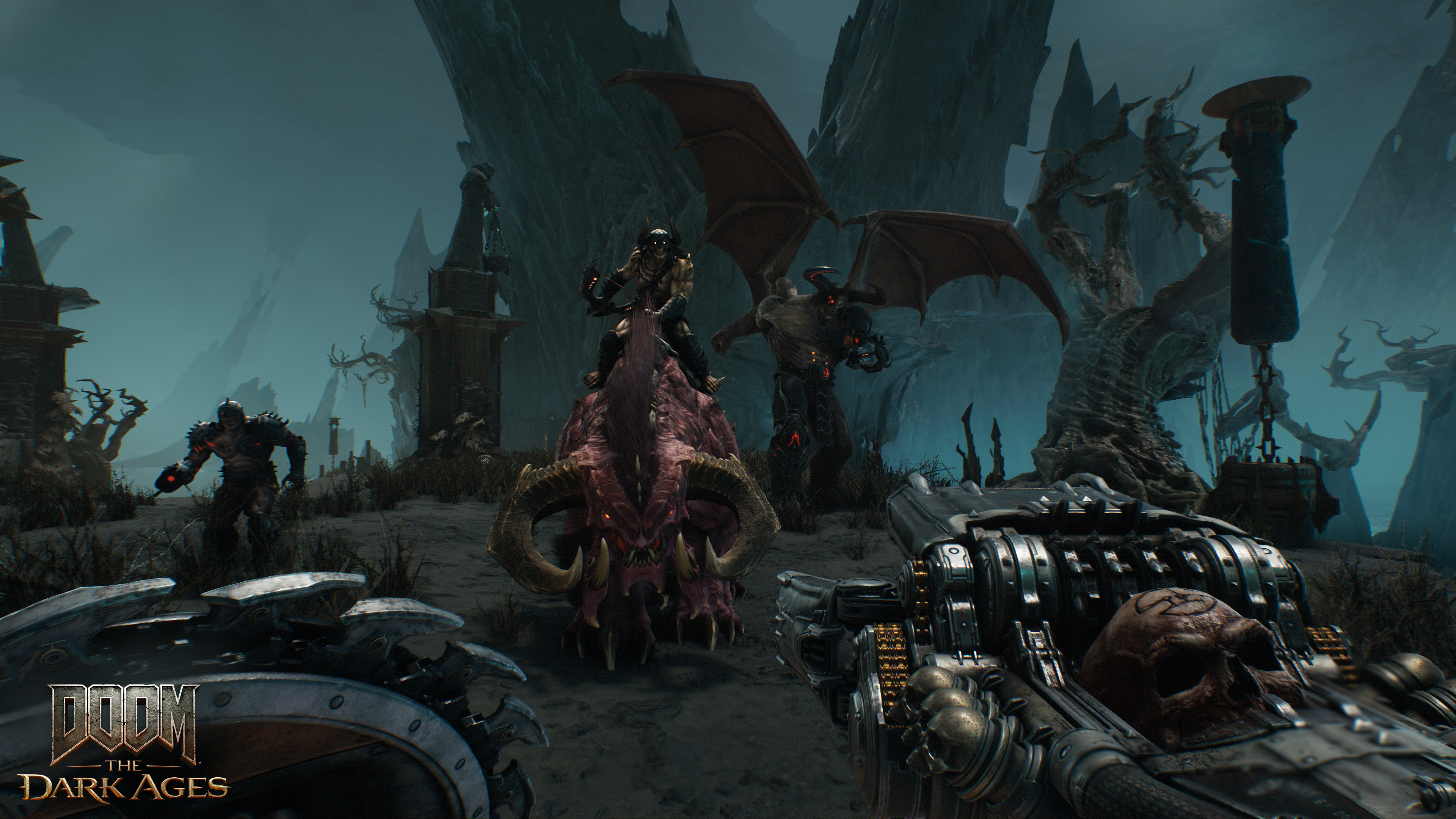
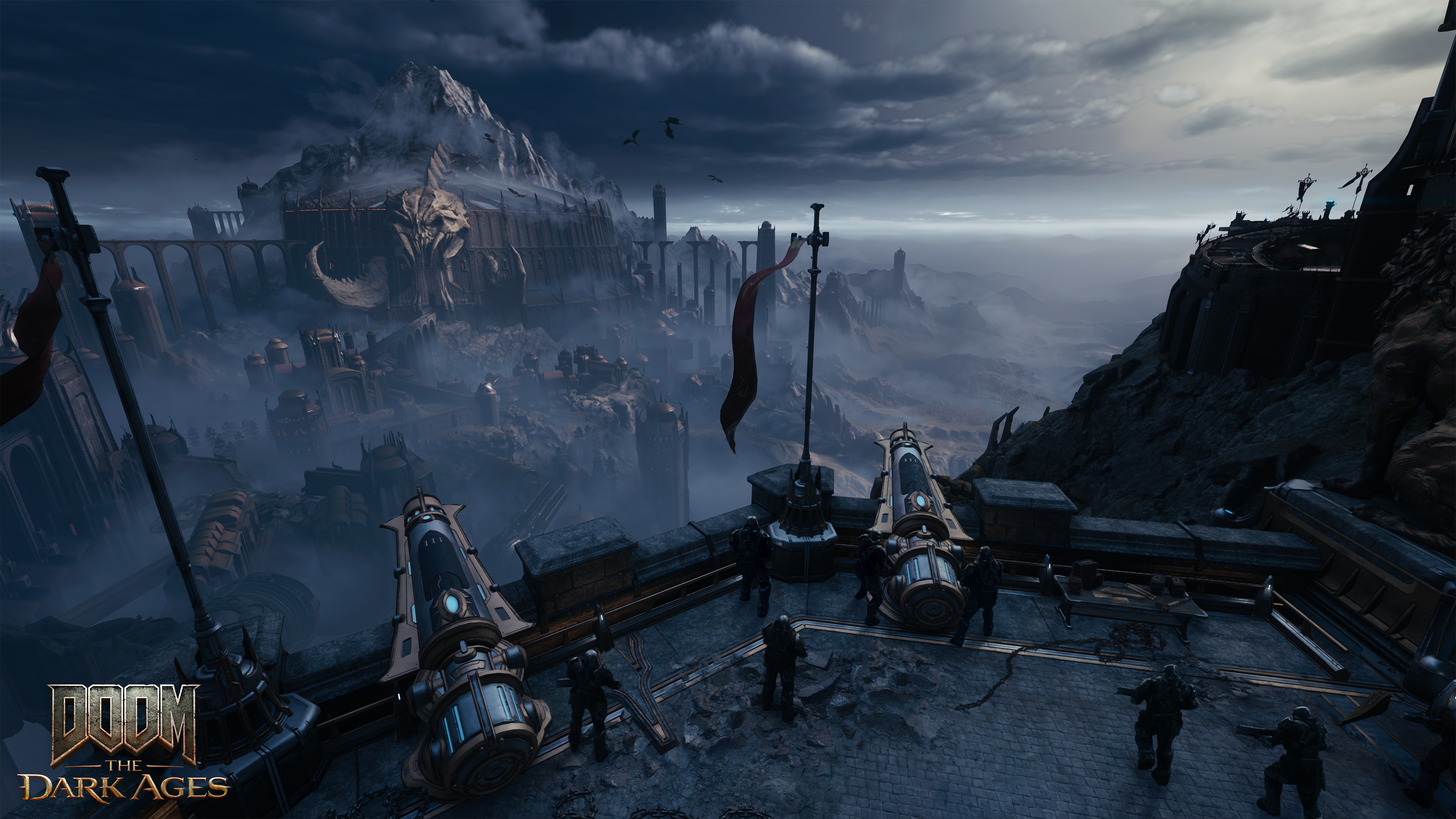
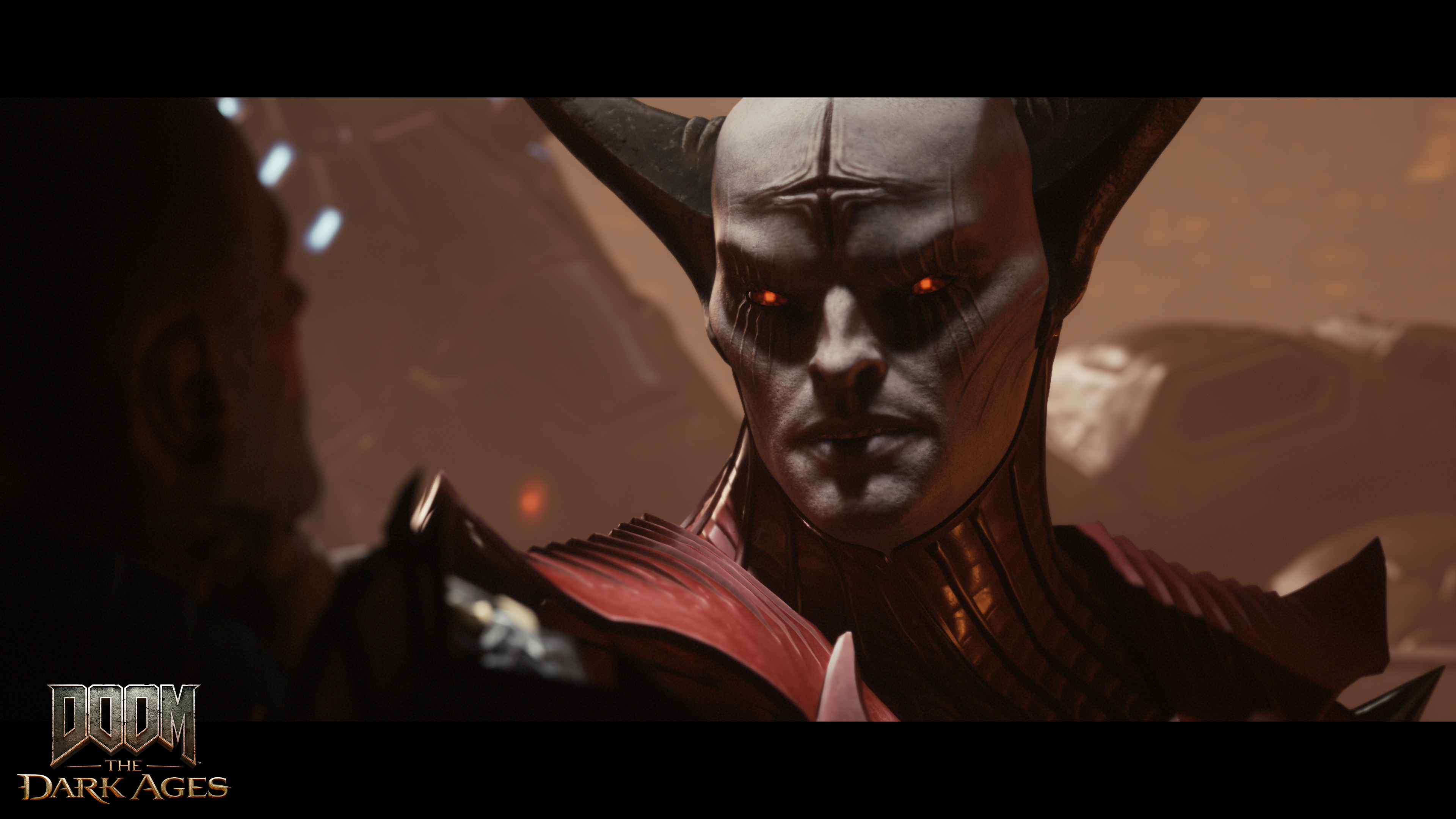
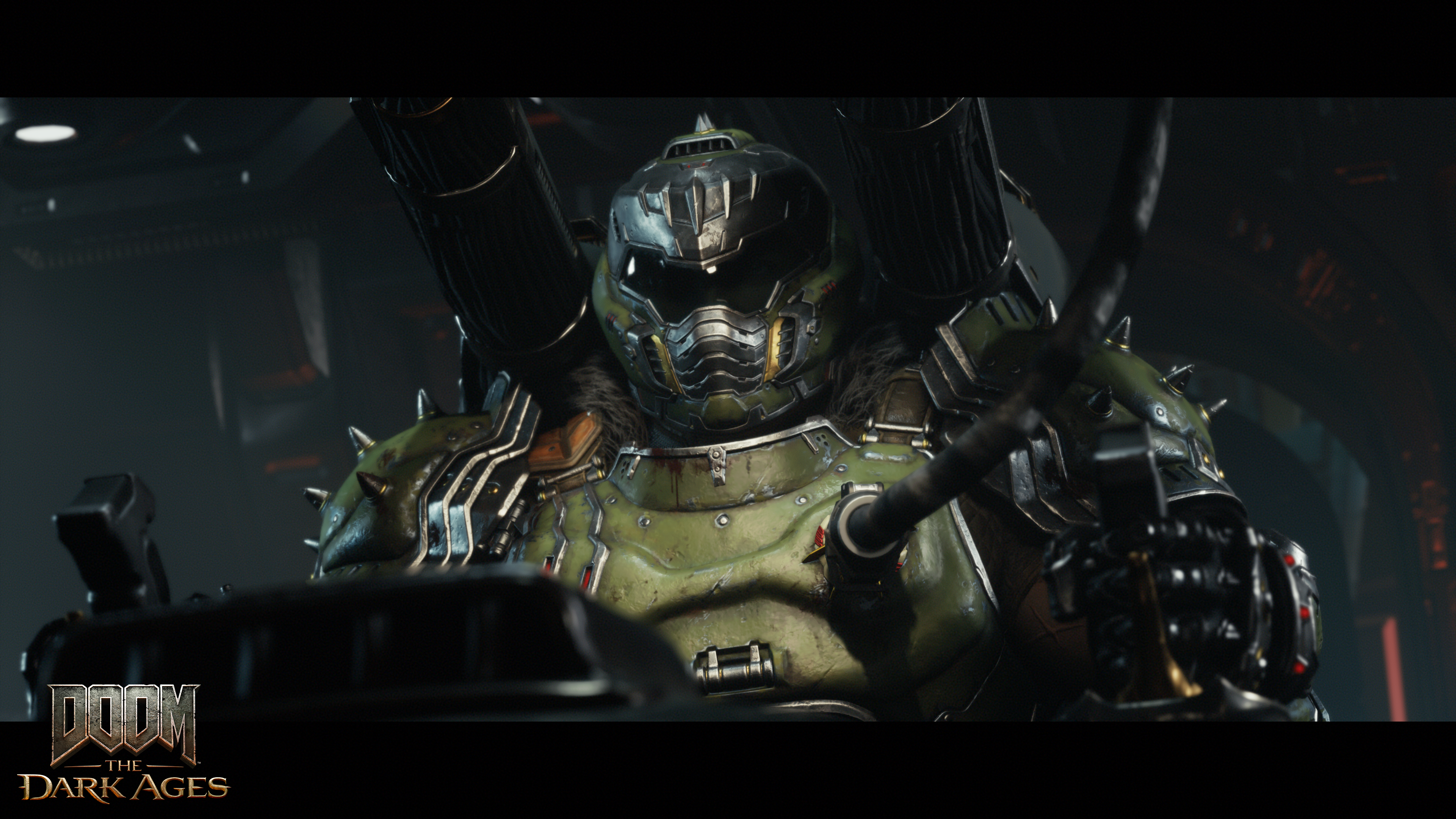
For over a decade, Doom maintained this musical style, syncing the rhythm of its bullets with the speed of its shredding score. However, 2004's Doom 3 marked a significant shift, embracing a survival horror approach that necessitated a new, slower soundtrack. The main theme of Doom 3 could easily fit on Tool's 2001 album, Lateralus, showcasing a more thoughtful, atmospheric sound. Initially, Trent Reznor was approached to handle the sound design, but former Nine Inch Nails member Chris Vrenna, along with Clint Walsh, ultimately took over. Their work leaned into the progressive metal style of Tool, complementing Doom 3's eerie sci-fi atmosphere.
Despite Doom 3's commercial success, its departure from the series' traditional fast-paced gameplay is now seen as an outlier. The early 2000s was a period of transformation for FPS games, with titles like Call of Duty and Halo setting new standards. Similarly, metal music was navigating its own evolution, with the decline of nu-metal and the rise of bands like Slipknot and Deftones. While Vrenna and Walsh could have drawn from nu-metal influences, their choice to follow Tool's lead was fitting for Doom 3's unsettling tone.
After Doom 3, the series faced a development hiatus, emerging triumphantly in 2016 with a complete reinvention. Under the direction of Marty Stratton and Hugo Martin, Doom 2016 reignited the series' original momentum with a soundtrack by Mick Gordon that was as heart-shaking as it was innovative. Incorporating elements of djent, a progressive metal subgenre, the score was so integral to the experience that it's hard to imagine playing Doom 2016 without it. The success of tracks like "BFG Division" set a high bar for future entries.
Gordon returned for Doom Eternal in 2020, though the soundtrack's creation was fraught with challenges. Despite these, his influence is evident in Eternal's more modern, metalcore-leaning tracks. This shift aligns with the genre's prominence in the late 2010s and early 2020s, with Gordon also working with major metalcore bands like Bring Me the Horizon and Architects. Doom Eternal's soundtrack, while still heavy, feels lighter than its predecessor, mirroring the game's inclusion of platforming and puzzle elements.
Personally, Doom 2016 remains my favorite, much like my preference for the rawer works of metalcore bands from the same period. Architects' 2016 album, All Our Gods Have Abandoned Us, stands out as a crushing masterpiece, resonating similarly with Doom 2016's groundbreaking revival. While Doom Eternal and Architects' newer releases are exceptional, they don't quite capture the same raw energy for me.
Looking ahead, Doom: The Dark Ages promises a fresh take on the series. The Xbox Developer Direct offered a glimpse into its revamped combat, suggesting a need for an equally dynamic soundtrack. New composers Finishing Move, known for their work on Borderlands 3 and The Callisto Protocol, seem to be drawing from both classic and contemporary metal influences. The Dark Ages plays at a more deliberate pace than Eternal, featuring a Captain America-like shield that encourages direct, aggressive confrontations, echoing the original Doom's corridor-based combat but on a grander scale with mechs and dragons.
This new combat style demands a versatile soundtrack that can match its intensity and agility. The influence of bands like Knocked Loose, known for their seismic breakdowns, is apparent in the snippets we've heard, blending with thrash-like elements reminiscent of the 1993 Doom. The Dark Ages' gameplay innovations, such as riding mythological creatures and piloting giant mechs, reflect the broader experimental trends in modern metal, akin to the genre-blending approaches of bands like Bring Me the Horizon.
As both heavy music and the Doom series continue to evolve, The Dark Ages is poised to deliver an exhilarating experience that builds on the legacy of its predecessors. While gunplay remains the core of any id Software shooter, the soundtrack's role in enhancing the atmosphere cannot be overstated. With only a glimpse of what's in store, anticipation is high for a new favorite metal album to accompany the game when it releases in May.



